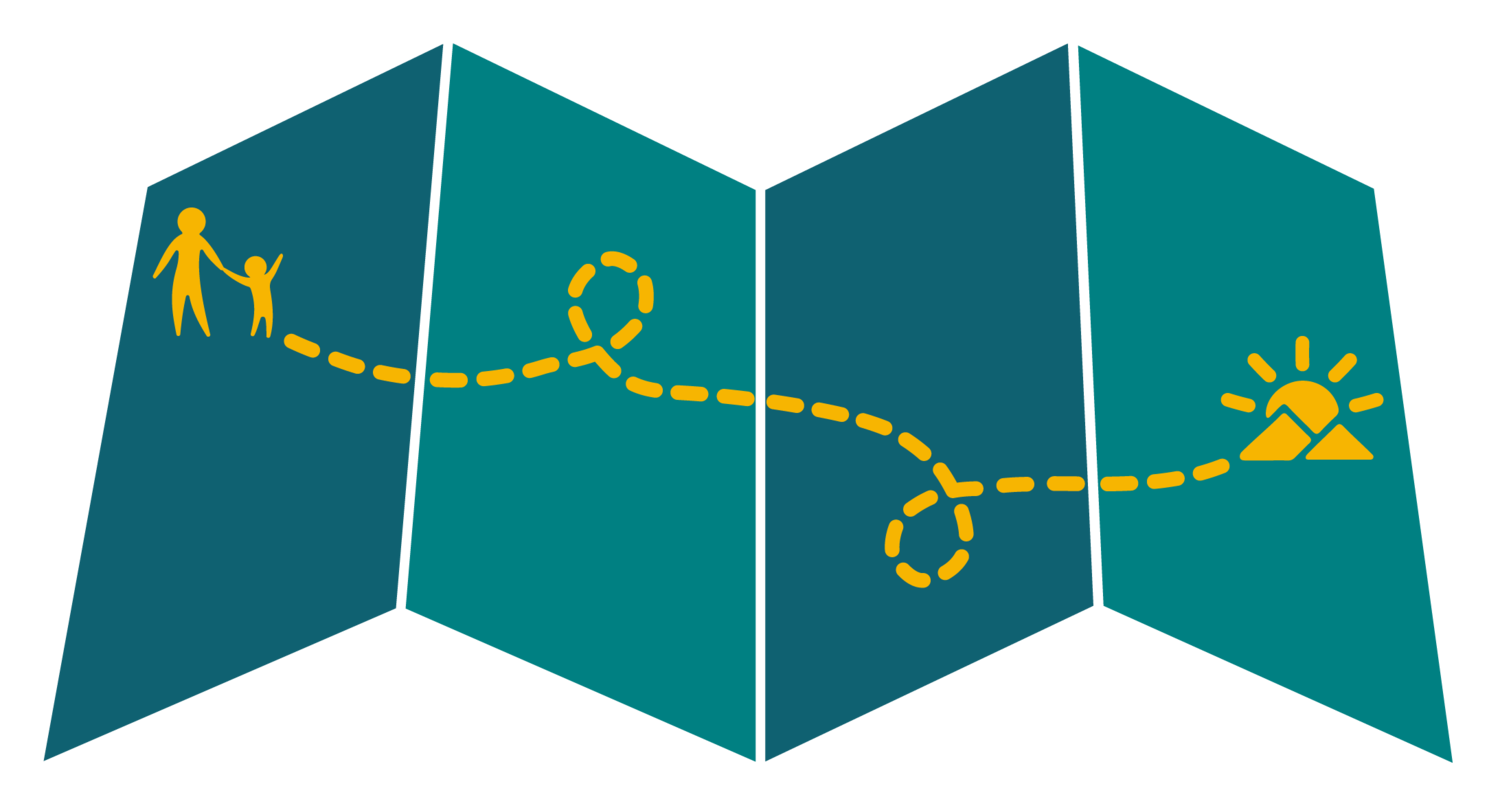16. How Policies and Systems Can Foster Resilience
With our guest experts, we discuss why we need policies that support trauma-informed training and care and what’s at stake if we don’t. We’ll hear from guest experts speaking to specific policy needs in contexts such as medical care, mental health, and online spaces.
Ultimately, we’ll discuss the foundational need for these laws and policies to be rooted in the community. Whether we’re legislators, policymakers, advocates, or just community members with a voice and a vote, we can work to ensure our laws and policies support the resilience of children in all of our communities.
14. How Parents Can Foster Resilience
As a parent, supporting your child day-in and day-out is a lot of work -- especially if your child has experienced or is experiencing stress and trauma. Our guest experts speak to the big and small ways parents and caregivers can help foster resilience in children.
10. How Mental Health Providers Can Foster Resilience
Now that we’ve examined key concepts to understand the many ways that children experience trauma -- and the many ways that they and their families are resilient, it’s time to get a bit more practical. How can we as mental health providers help foster resilience in children? Plus, hear from trauma-care providers what you can expect if you’re looking for trauma-informed therapy for yourself or your child.
9. Understanding the Impact of Global and Collective Traumas
We can’t protect children and support their resilience if we overlook the traumas that are embedded in the fabric of their communities and society. In this episode, we speak to several guest experts about how global and collective traumas such as racism, war, community violence, and pandemics impact children.
6. Supporting Children (and Adults) Who Have Been Sexually Abused
In this episode, we explore how best to support survivors of sexual abuse. Along with our guest experts, we discuss how to provide an environment in which children (and adults) feel safe to disclose the abuse, how caregivers and clinicians should respond, and what the recovery process looks like for survivors and their families as they create a path forward.
4. Preventing Trauma
Through the intersecting lenses of advocacy, mental health care, medical care, and criminology, five guest experts help us explore trauma prevention strategies that make it possible to not only treat the after-effects of trauma but to help protect children from experiencing trauma from the earliest days of their lives all the way into adolescence.







